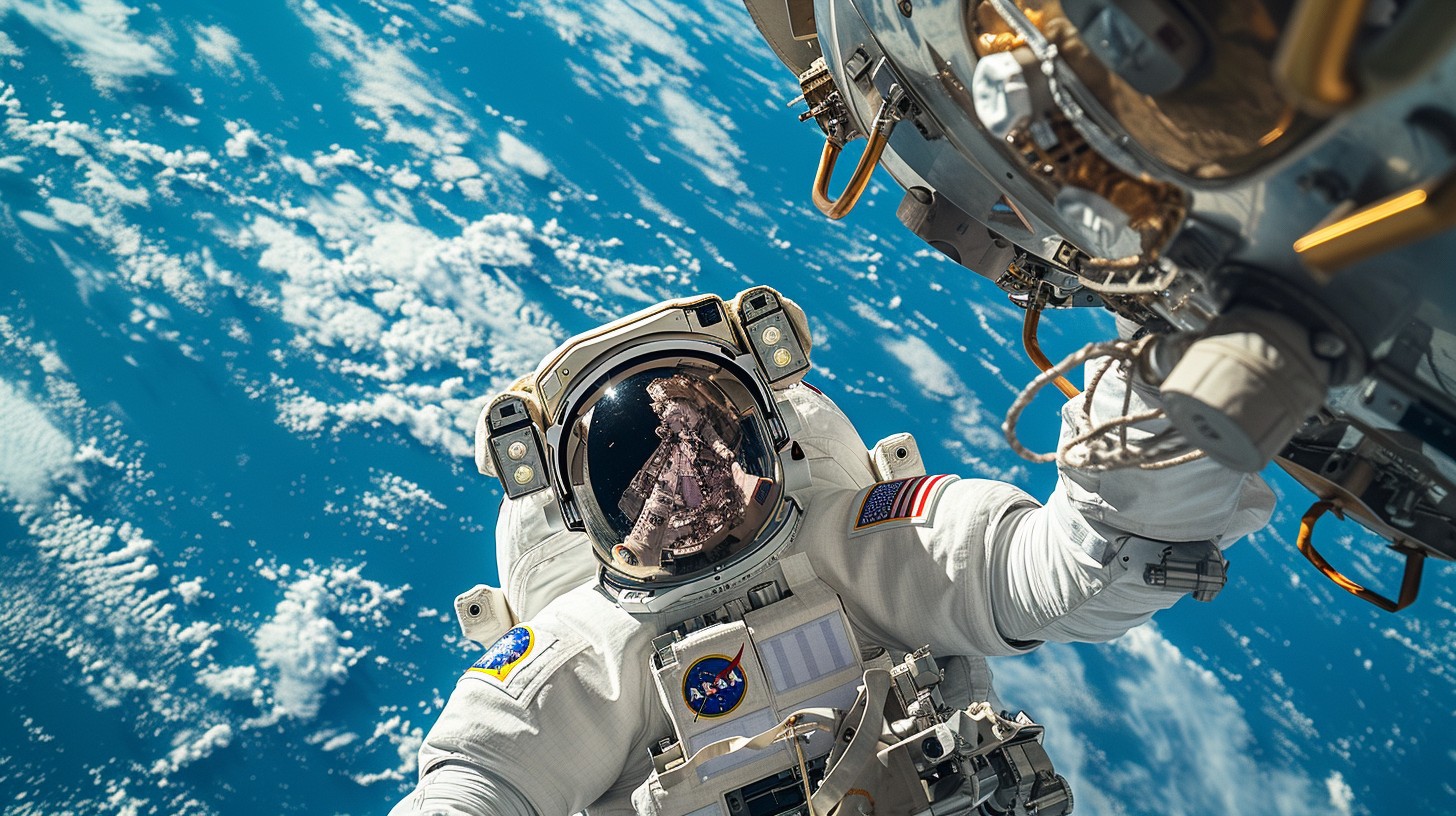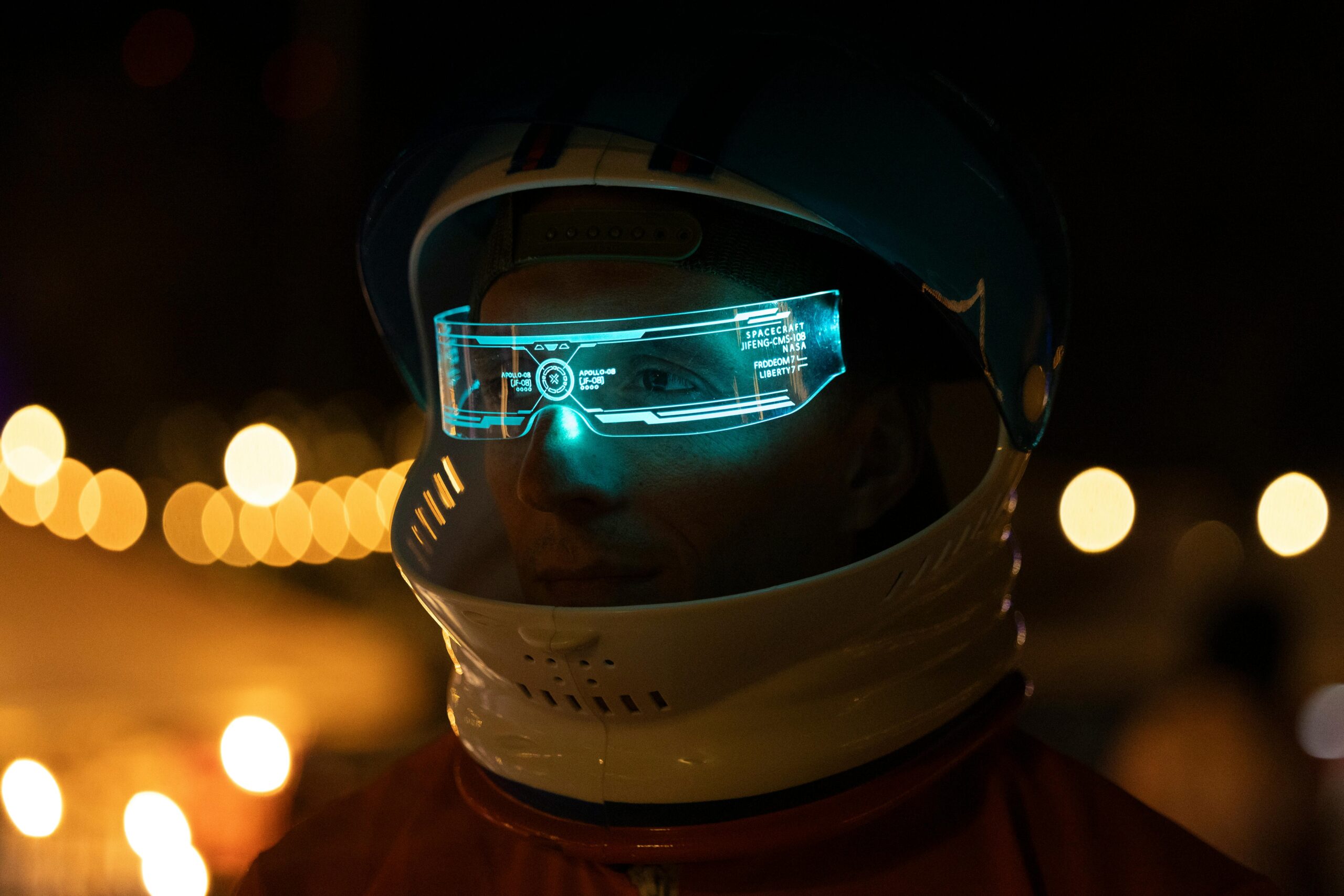Centre for Space Science & Human Systems (CSSHS)
IHRI
Centre for Space Science and Human Systems
At IHRI, our Centre for Space Science and Human Systems is dedicated to unlocking the mysteries of human adaptation in the most extreme environment imaginable: space. Our core mission is clear: to investigate how humans adapt physically and psychologically to spaceflight and other extreme environments, with the ultimate goal of improving human safety and performance not only in orbit but also right here on Earth, informing solutions for broader challenges.
Research Focus
Leveraging IHRI’s interdisciplinary “collective hive mind,” our research dives deep into critical areas essential for safe and sustainable human presence beyond Earth. We translate groundbreaking discoveries into tangible solutions for both terrestrial and extraterrestrial challenges:

Physiological Adaptation
Investigating musculoskeletal degradation, cardiovascular changes, and cellular responses to altered gravity environments, ensuring human resilience in space.

Psychological Resilience
Studying the profound impacts of isolation, stress, and group dynamics in confined, high-risk space and analog environments to foster mental well-being.

Human–System Interaction
Designing intuitive interfaces and advanced technologies to enhance the seamless interaction between humans and complex systems for critical operations.

Habitability & Environments
Developing adaptive, human-centered habitat solutions that support long-duration missions and promote thriving in off-world settlements.
Doctoral Research Pathway: Space Health & Medicine
The Challenge
Humanity stands at the precipice of a new, ambitious era of space exploration. This renaissance is defined by government-led initiatives like NASA's Artemis program and a burgeoning commercial sector. Yet, the primary limiting factor for multi-year missions to the Moon and Mars is not rocket science, but human biology. Confronting the profound health challenges of deep space requires practitioner-scholars who can pioneer research and translate it into operational practice.
The DHS Curriculum: A Launchpad for Space Health Research
- D801: Transforming Services/Delivering Quality – Re-envisioned as: Engineering Resilient Crew Health Systems for Deep Space. The core concepts of QI, TQM, and Lean are mission-critical for engineering a reliable and efficient crew health system, optimizing the mass and volume of medical supplies, and managing risk for in-flight medical events.
- D802: Implementation Science – Re-envisioned as: Bridging the Earth-Orbit Gap: Translating Countermeasures into Practice. This module is critical for addressing the gap between knowing a countermeasure works on Earth and ensuring an astronaut uses it correctly in space, analyzing the human factors and behavioral barriers to adherence for exercise, nutrition, and medical protocols.
- D803: Research Methods – Re-envisioned as: The Essential Toolkit for the Interdisciplinary Space Health Researcher. Space health research is inherently interdisciplinary and often constrained by small sample sizes, making a mixed-methods approach essential for analyzing physiological data (quantitative) and investigating complex psychological phenomena like crew cohesion and stress (qualitative).
- D804: Literature Review & Research Proposal – Re-envisioned as: Defining the Mission: From Terrestrial Knowledge to a Novel Research Trajectory. Candidates will systematically review terrestrial medical literature in analogous fields (e.g., geriatrics, immunology) and navigate the specialized research ecosystems of NASA and ESA to identify high-priority research questions.
- D805: Thesis – Re-envisioned as: A Legacy Contribution to the Future of Human Exploration. The thesis is a "practical, real-world research project" that could be the design of a novel physiological countermeasure, the validation of an AI-driven diagnostic tool, or a new policy framework for medical ethics in commercial spaceflight.
Illustrative Doctoral Pathways
The Autonomous Clinician: Developing and Validating an AI-Driven Clinical Decision Support System for Mars Transit
This project directly confronts the "Distance from Earth" hazard. The research would involve developing and validating an AI system that integrates real-time sensor data and evidence-based guidelines to guide a non-physician crew member through diagnosis and treatment, making a critical contribution to the medical architecture for a Mars mission.
The Ethics of Exploration: A New Governance Framework for Health Data from Commercial Spaceflight Participants
This project tackles the emerging ethical questions surrounding civilian space travelers. The research would involve policy analysis and qualitative interviews to propose a new international governance framework for ethical oversight, data sharing, and privacy protection, producing a foundational contribution to the "rules of the road" for the next era of human space activity.
Portfolio of Potential Thesis Topics
| Research Domain | Potential Thesis Topics |
|---|---|
| Physiological Countermeasures | - Optimizing Resistive Exercise Protocols to Mitigate SANS and Bone Demineralization. - A Longitudinal Study of the Gut Microbiome's Response to Space Radiation in a Simulated Mars Environment. - The Role of Lower Body Negative Pressure in Countering Cephalad Fluid Shifts. |
| Advanced Medical Technology | - Development and Validation of Miniaturized Point-of-Care Diagnostic Devices for In-Flight Blood Analysis. - On-Demand Pharmaceutical Compounding ("Astropharmacy"): A Feasibility and Systems Design Study. - Validating Autonomous Ultrasound Techniques for Non-Medical Operators in a Microgravity Analog. |
| Policy & Ethics | - A New Model for Informed Consent for Research Participation on Long-Duration Exploration Missions. - Ethical Frameworks for Resource Allocation During a Catastrophic In-Flight Medical Emergency. - The Long-Term Health Monitoring and Care Obligations of Space Agencies for Retired Astronauts. |
Our Team
The Centre for Space Science and Human Systems is driven by an exceptional interdisciplinary faculty, led by Centre Director Dr. Manavi Jadhav and Space Health Lead Dr. Sabrina Porodosu. Our team is a true embodiment of the “collective hive mind,” bringing together diverse expertise across cosmochemistry, planetary science, systems theory, engineering, cybernetics, prehospital/emergency medicine, and internal medicine. Together, we are committed to pioneering the life-supportive technologies and human-centered insights vital for deep space exploration and its terrestrial applications.
Collaborations & Impact
The launch of the IHRI Centre for Space Science and Human Systems marks a pivotal moment in our mission to impact global health. We are actively aiming to forge dynamic collaborations with leading private-sector innovators and esteemed space science practitioners worldwide. This allows us to rapidly translate groundbreaking research into scalable health, design, and safety solutions benefiting both individuals in challenging missions and populations facing similar stressors on Earth.
For students in our Doctorate of Health Science programme in the Space Health field, opportunities to engage directly with an evolving network of experts and cutting-edge projects. We are building a system dedicated to fostering impactful practitioner-researchers from the outset, providing a unique environment for your professional growth.
Get Involved
Interested in joining our research community, faculty or collaborating with us on space and health innovation?
Join Us
